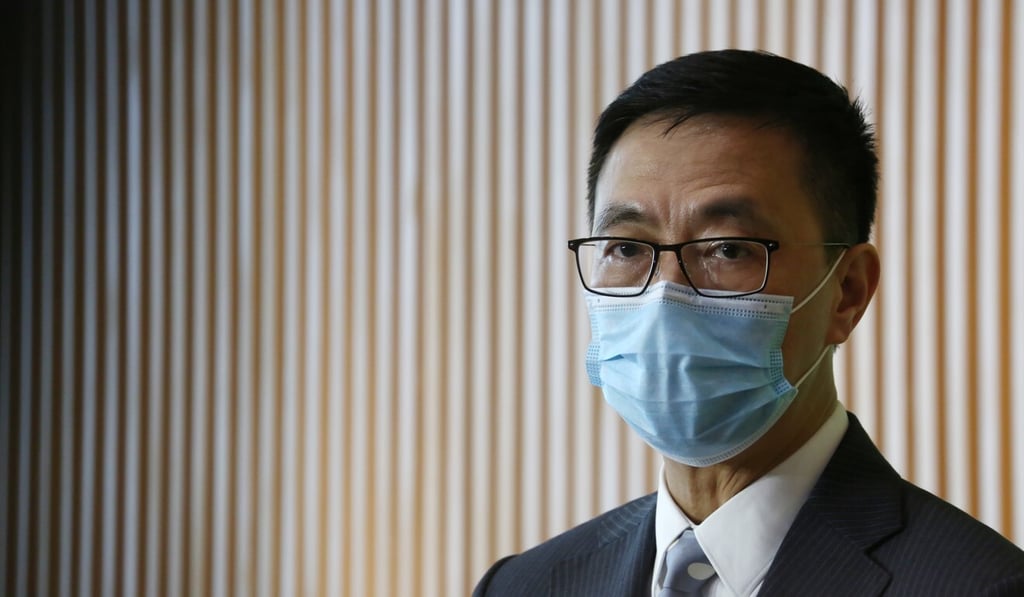Hong Kong leader Carrie Lam sides with education chief on no ‘separation of powers’ in city, defends move to delete phrase from textbooks
- Lam maintains the executive, legislative and judicial branches can exercise checks and balances on one another
- The remarks come after criticism that the controversial changes to schools’ liberal studies textbooks amounted to political censorship

Hong Kong’s embattled leader on Tuesday said there was no “separation of powers” in the city’s executive-led political system, but insisted there was nonetheless judicial independence and a clear division of work between different branches of the administration.
Carrie Lam Cheng Yuet-ngor also said that while the city’s mini-constitution stated that the chief executive is both the leader of the city and its government, her administration was subject to rules governing the relationship between the executive, legislative and judicial branches.
Legal scholars said the Basic Law did provide for a form of separation of power, but a pro-establishment lawmaker said this could not be compared to the British version as it would be politically unacceptable in the local context.
Lam’s remarks came after it was discovered last month that the phrase “separation of powers”, among other politically sensitive concepts, had been deleted from coming editions of liberal studies textbooks.
“There is no separation of powers in Hong Kong. I fully support the secretary for education’s statement, and the consultancy service,” Lam said before her weekly meeting of the Executive Council. She was referring to comments from Secretary for Education Kevin Yeung Yun-hung the day before dismissing claims that the changes to liberal studies textbooks amounted to political censorship.

“There is no room for vagueness on Hong Kong’s constitutional order. So what the Education Bureau has done deserved praise,” she added.